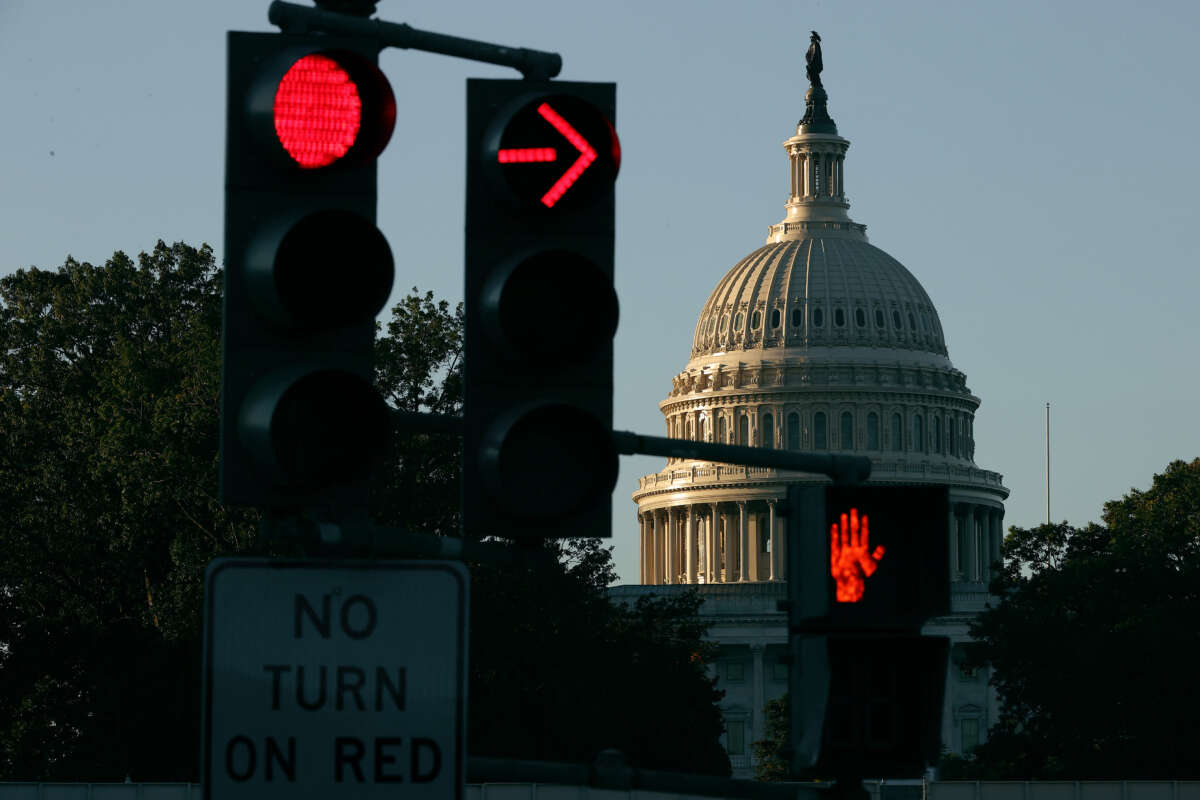A new report from a nonprofit organization dedicated to making Congress more representative of the American people suggests that the lack of competition in congressional races can be remedied through a different electoral system — proportional representation.
“At the heart of the dysfunction in Congress is America’s redistricting process and the fundamentally broken way we elect representatives,” states the report from Fix Our House, an organization that promotes proportional representation “as an urgently-needed reform to pull politics out of its doom loop of polarization and dysfunction.”
“Winner-take-all elections” in single-winner districts “necessarily cause problems that can’t be fixed within the winner-take-all system,” the group said in its 2022 Redistricting Report.
According to Ballotpedia, proportional representation is:
an electoral system in which the number of seats held by a particular political party in a legislature is directly determined by the number of votes the political party’s candidates receive in a given election.
A proportional representation system allows voters to select multiple candidates for a single district, rather than just one — either through choosing multiple people on a ballot or through selecting their preferred party, with winners being chosen based on the proportion of votes received. In a district where 10 seats are up for grabs, for example, and 60 percent of voters vote for candidates from Party A while 40 percent vote for candidates from Party B, Party A would receive six of the 10 seats while Party B would get four.
Advocates say that proportional representation would create legislatures that more accurately reflect Americans’ views. In Wisconsin, for example, statewide contests are generally split evenly between Democrats and Republicans, but the state legislature is nearly two-thirds Republican, thanks in large part to partisan gerrymandering. Under a proportional representation system, bills could be passed legalizing the recreational use of marijuana or codifying protections for abortion rights — measures which are backed by Wisconsin’s Democratic governor and overwhelmingly supported by voters in the state but which are currently unable to pass due to the Republican-led state legislature.
According to the report from Fix Our House, the issue of an unrepresentative Congress that sees little competition in elections is affecting voters across the country. Nine out of every 10 races in the 2022 midterms were uncompetitive, the organization said in its report, with 35 uncontested races, or around 1 in every 12 elections.
“While this number is fairly typical when compared to previous years, it is still unacceptable for such a sizable chunk of voters to have virtually no change in who represents them,” the report says.
Some states, like Iowa, have tried to correct the problem of partisan gerrymandering by creating independent commissions to draw political maps. But those commissions aren’t capable of fully addressing the lack of competition in congressional races, Fix Our House says, as they result in only “modest” improvements that still promote a “single-winner district system.”
“An election with only one winner is quintessentially winner-take-all: one candidate wins the seat; all others go home empty-handed,” the report says. “That may be what we are used to, but the zero sum, all-or-nothing nature of winner-take-all contests is a formula for distorted and divisive politics.”
The use of a proportional representation system in federal races would put power back in the hands of the people, the group wrote, adding that such a change could be implemented without a constitutional amendment.
The U.S. Constitution doesn’t include any provisions requiring states to select representatives through a model based on single-district contests. However, the Uniform Congressional District Act of 1967, which requires states to use single-winner district systems, would have to be repealed.
“This law could be changed with simple legislation to allow for multi-winner districts with proportional representation, making it possible for states to begin adopting this reform themselves,” Fix Our House said.
Several countries around the world — including Denmark, Greece and Germany, among others — use either proportional representation or a hybrid of both that system and winner-take-all single-winner districts. They also have more political parties than the U.S., which currently has a two-party system.
“The failings of this redistricting process are unique to the single-winner districts we use to elect Congress,” Fix Our House said in its report. “It simply does not make sense to continue on with the same system knowing that we will get the same dysfunctional results.”
Press freedom is under attack
As Trump cracks down on political speech, independent media is increasingly necessary.
Truthout produces reporting you won’t see in the mainstream: journalism from the frontlines of global conflict, interviews with grassroots movement leaders, high-quality legal analysis and more.
Our work is possible thanks to reader support. Help Truthout catalyze change and social justice — make a tax-deductible monthly or one-time donation today.
